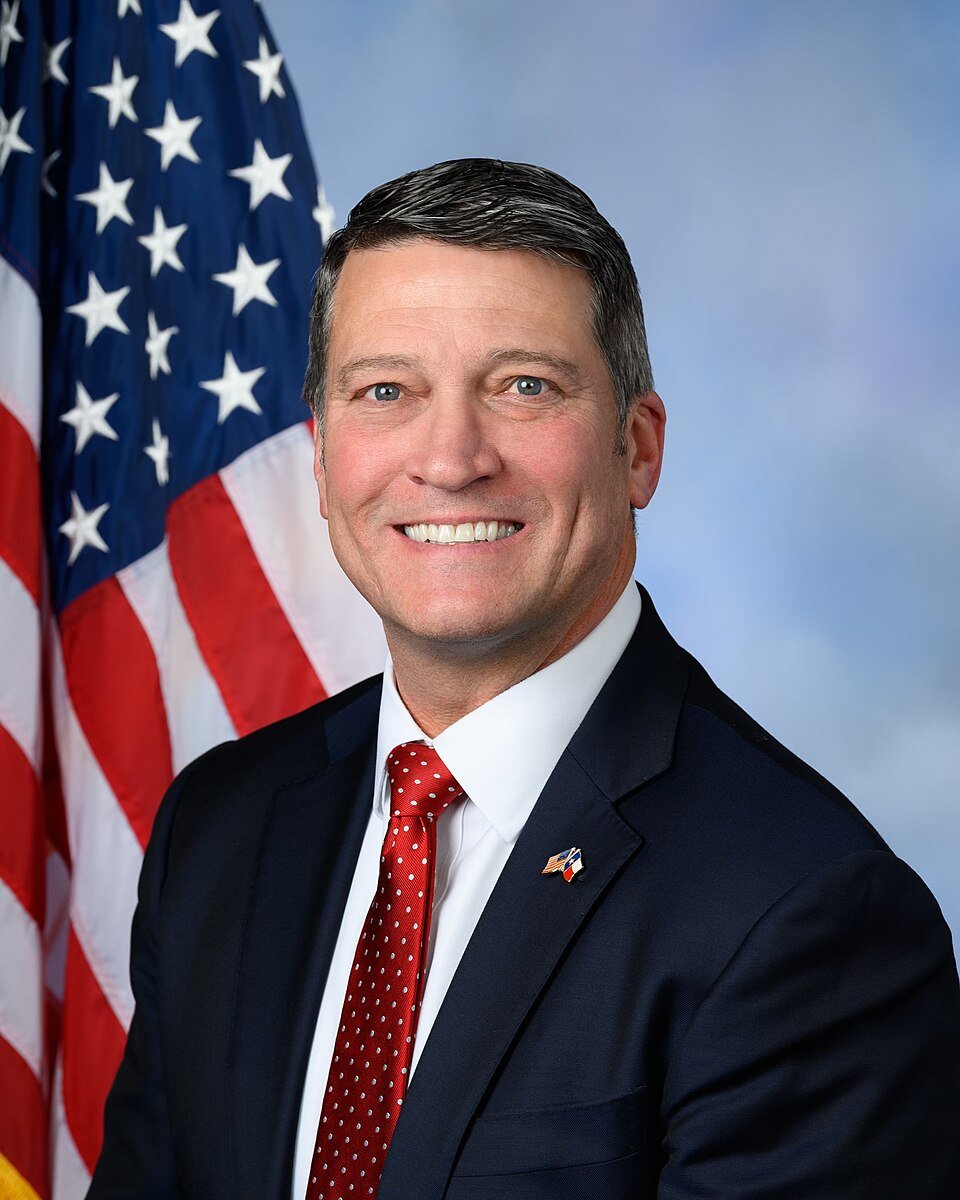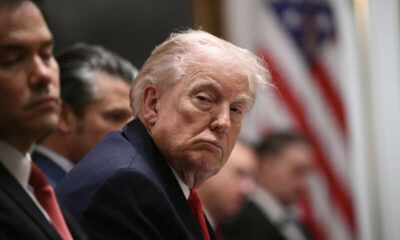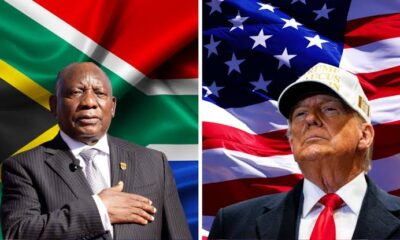News
‘They Chose Terrorists’: US Congressman Takes Aim at South Africa’s Foreign Policy

A Republican-led bill could redefine America’s relationship with South Africa. Here’s why it matters, and what locals are saying.
A new political firestorm is brewing between Washington and Pretoria — and South Africa is caught right in the middle of it.
Republican Congressman Ronny Jackson, a close ally of former US president Donald Trump, has declared that South Africa has effectively “abandoned America” by cosying up to regimes like Russia, China and Iran. His words? “They chose terrorists.”
And now, his bill — which just passed through a congressional committee — is taking aim directly at the South African government.
A new front in a global power shift
Jackson’s legislation proposes a full-scale review of America’s relationship with South Africa. Should Trump return to the White House in 2025, it would give him the power to sanction South African officials accused of corruption or of supporting countries considered hostile to US interests.
At the heart of the bill is a growing sense of frustration among US Republicans over South Africa’s increasingly visible alignment with BRICS partners. That includes the country’s neutral stance on Russia’s war in Ukraine, its strengthened economic ties with China, and diplomatic overtures to Iran — all of which have angered many in Washington.
“South Africa made its choice when they sided with communists and terrorists,” Jackson posted on X. “The days of allowing our so-called ‘allies’ to walk all over us are OVER!”
South Africa’s quiet response
At the time of writing, Pretoria had yet to issue an official response to the legislation’s progress. But government officials have, in the past, firmly defended the country’s non-aligned foreign policy.
South Africa maintains that it aims to promote peace through multilateralism — a strategy shaped by its apartheid-era history, where alignment with dominant global powers often came at the expense of national sovereignty.
In March, the Department of International Relations and Cooperation (DIRCO) reiterated that South Africa’s engagements with Russia and China do not signal a break from the West, but rather a commitment to a multipolar world where diplomacy isn’t dictated by any one bloc.
Adding to the diplomatic uncertainty is the fact that South Africa still has no permanent ambassador in Washington, after Ebrahim Rasool was removed earlier this year. That silence may become louder as this legislation moves closer to a House vote.
How social media is reacting
Online, reactions have been mixed — and emotionally charged.
Some South Africans on X have pushed back against Jackson’s rhetoric, calling his bill a “bullying tactic” that punishes independent diplomacy. Others argue the ANC government is bringing unnecessary risk to South Africa’s economy by antagonising the West.
One user wrote, “SA doesn’t owe loyalty to America. Our foreign policy is based on sovereignty, not submission.”
Another posted, “Whatever the ANC is trying to do, it’s going to hurt regular South Africans when sanctions come.”
The conversation is unfolding amid ongoing economic stress at home — inflation, currency pressure, and load shedding continue to fuel public frustration, and any threat of sanctions adds to the anxiety.
Why this moment matters
What’s unfolding isn’t just about one bill or one congressman. It speaks to a bigger shift in global politics — and South Africa is increasingly viewed as a swing state in a world divided by US-China tensions, wars in Europe and the Middle East, and the return of transactional diplomacy.
Whether this legislation advances or fizzles out in Congress, it marks a warning shot: the US is watching Pretoria closely.
And should Trump return to the Oval Office, the chill between the two nations could become far more than rhetorical.
Source:African Insider
Follow Joburg ETC on Facebook, Twitter , TikTok and Instagram
For more News in Johannesburg, visit joburgetc.com



























